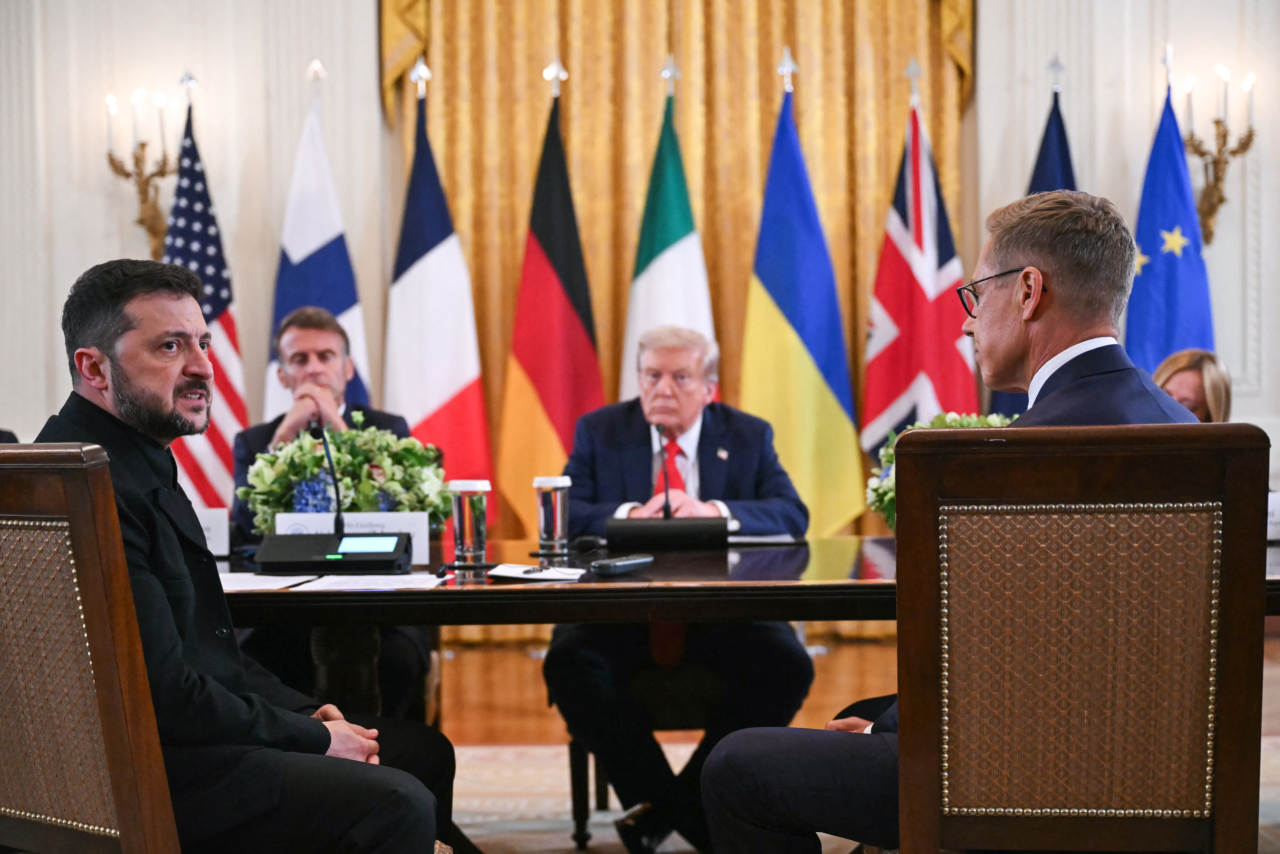As the conflict between Ukraine and Russia continues, the concept of a “security guarantee” has gained prominence. This term refers to commitments made by other nations to ensure the security and sovereignty of a state facing aggression. Understanding historical precedents can offer valuable insights into how such guarantees might be effectively structured to benefit Ukraine and deter further Russian advances.
Historical Context of Security Guarantees
The effectiveness of security guarantees can be assessed by examining key historical examples. One notable instance is the Budapest Memorandum, signed in March 1994 by Ukraine, the United States, the United Kingdom, and Russia. This agreement provided Ukraine with assurances regarding its territorial integrity in exchange for relinquishing its nuclear arsenal. Despite these promises, the annexation of Crimea by Russia in 2014 highlighted the limitations of such guarantees when faced with aggressive actions.
Another relevant example is NATO’s Article 5, which states that an attack on one member is considered an attack on all. This collective defense principle has played a pivotal role in deterring aggression against NATO member states. The alliance’s quick response to threats illustrates how robust security commitments can prevent conflicts from escalating.
Modern Implications for Ukraine
In the wake of Russia’s invasion in 2022, Ukraine has sought stronger security guarantees from Western allies. Discussions have focused on formalizing commitments that could include military assistance, economic support, and intelligence sharing. The United States, United Kingdom, and France have all indicated their willingness to enhance support for Ukraine, yet the specifics of these guarantees remain under negotiation.
Analysts argue that effective security guarantees must be credible and enforceable. This includes clear definitions of what the response would entail should Ukraine face further aggression. The ambiguity surrounding past agreements, such as the Budapest Memorandum, calls for more precise commitments that can be relied upon in times of crisis.
The ongoing situation in Ukraine serves as a stark reminder of the consequences of weak security arrangements. The international community is now faced with the challenge of designing a framework that not only reassures Ukraine but also dissuades Russia from further military action. This requires a unified approach among Western nations, ensuring that all parties understand their roles and responsibilities in upholding these commitments.
As the conflict evolves, the formulation of security guarantees for Ukraine will be critical in shaping the region’s stability. Historical lessons illustrate that while security guarantees can provide a deterrent against aggression, their effectiveness hinges on clarity, unity, and the political will to act decisively. The world watches closely as Ukraine seeks not just words, but actionable support to safeguard its sovereignty and territorial integrity in the face of ongoing threats.






































































